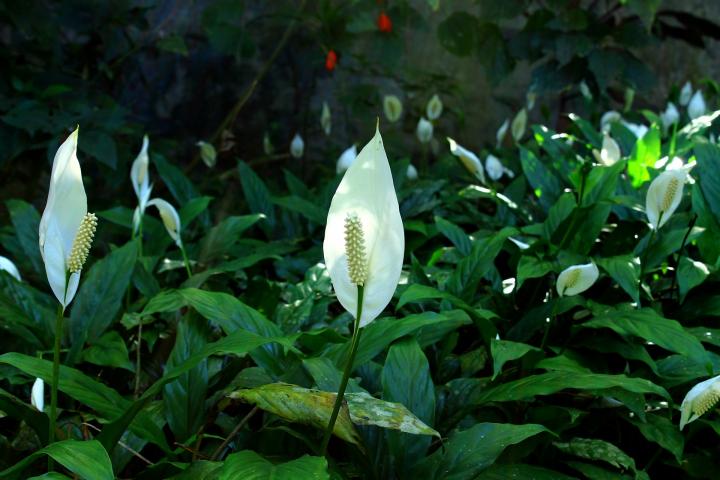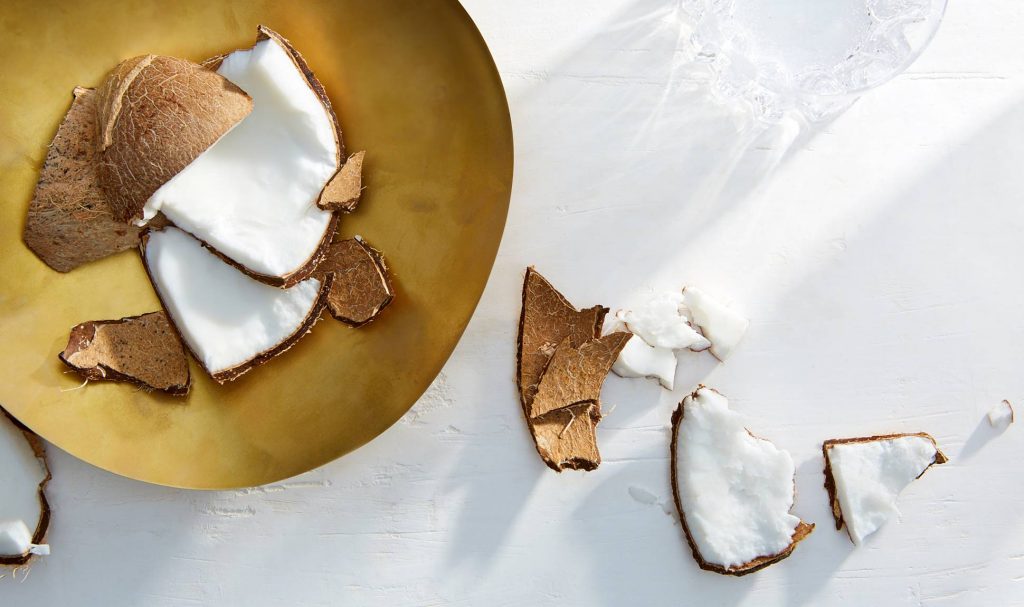In the cool winter months, it can be hard to keep skin hydrated.
Fortunately, there is an all-natural method that will help moisturise dry skin.
According to a recent study into the benefits of houseplants commissioned by The Royal Horticultural Society (RHS) in collaboration with Reading University and PHD student Curtis Gubb, there are certain potted plants that are good for your skin.
The study found that certain flowers and shrubs can counteract the drying caused by heating units through a process called transpiration.
During transpiration, plants lose water through their leaves. When the process occurs with houseplants, the result is an increase in moisture in the air indoors.
Of the findings, Dr Tijana Blanusa, the chief horticultural scientist for the RHS, told The Telegraph: “House plants may be a simple and affordable way to reduce air dryness indoors and alleviate symptoms of dry skin, while providing multiple other benefits – for human psyche and physical health.”
To choose the best plants for your skin, the researchers recommend those with high transpiration rates, as well as plants with large canopies that can expel more water.
“Depending on plant type, size, and condition within a room, plants can lose as much as several hundred ml of water per sq m of leaf area,” Dr Blanusa said.
The most effective plants for the purpose are peace lilies, which can evaporate the equivalent of a “small teacup” of water a day, and ivy, according to the study – but Dr Blanusa said there are likely many other plants that would be beneficial in fighting the battle against dehydrated skin.
The horticulturist also discussed the other benefit of having plants in your home – clean, allergen-free air.
“Additionally, plants capture dust and particles from the indoor air, so again large leaf areas are good to provide this benefit,” she said. “A number of chemical compounds such as those found in paints and furnishings, as well as gasses emitted in cooking and burning can be removed by houseplants.”
However, the experts said more research was required to find out exactly how many plants are needed in a room to contribute to cleaner air.




